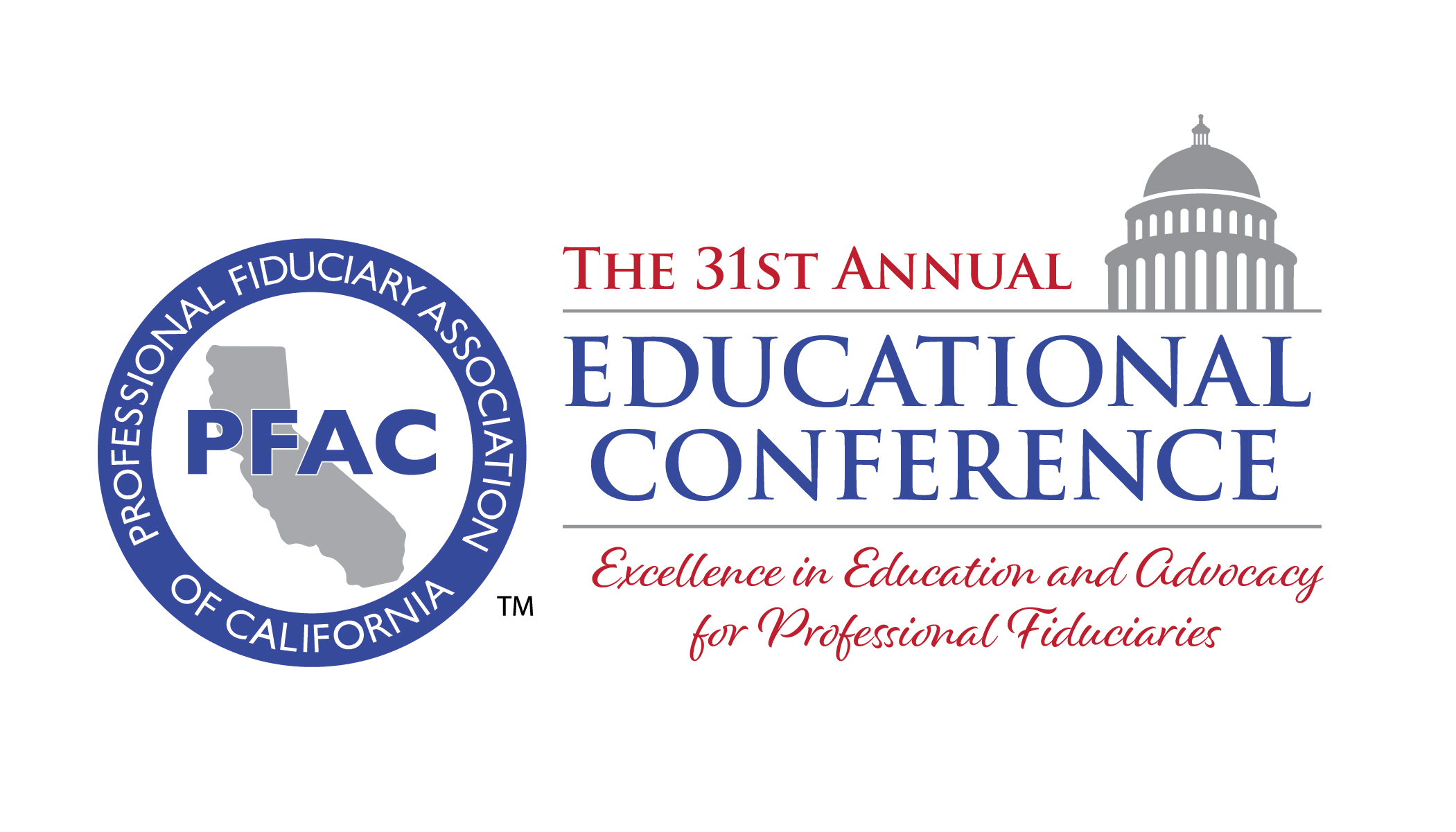Mechanics Bank

How do we care for “One Another” in today’s technological revolution?
As we venture deeper into technology, it’s reasonable to expect a shift in personal dynamics. We text more than we call, and we FaceTime for convenience. While technological growth has brought new innovations, not everyone has benefited from the personal interaction shift. So, how do we address this?
As a child, I grew up living too far away from my grandparents to form meaningful relationships. This fueled my curiosity about the older generation. I’d barrage my mother with questions, that of course, she did not have answers to.
“What do they do? What do they eat? Are they happy? Do they have children, grandchildren? Do they need help? Are they lonely?”
According to Aging California.Gov, the elderly population is expected to increase by 150-199.9% by 2060. Additionally, it is well-known that many elders are at risk for social isolation which can lead to enhanced mortality, cognitive decline, reduced resistance to infection, and much more.
Social isolation is not new news, in fact, statistics show that isolation among elderly people is rising. The rising numbers of those who have disconnected socially, seems overwhelming. Also, when facing monumental tasks, many become overwhelmed believing that it’s too much for one person to manage or that agencies for the elderly can manage it all. If this were true, the numbers would be on the decline. A practical way to contribute is to break this large task down to smaller tasks. The concept of “One Another” relationships is feasible because we are social by design. One person or agency is not solely responsible for the elimination of loneliness in our communities.
So, how can we help? One person at a time. When one person helps another, and encourages others to do the same, we can make lasting positive changes in the lives of isolated people.
One resident of Orange County, Kokie Nguyen, noticed that perfectly good flowers were being thrown away by grocers. Kokie was stunned at how beautiful the discarded flowers were. After speaking with a few grocers, Kokie arranged to take the flowers, make arrangements, and give them to those in need. “Flowers of Love” were given to the sick, elderly, lonely, and discouraged. This simple act of kindness is a perfect example of how to preserve “One Another” relationships. All who received flowers were pleasantly surprised and enjoyed the human interaction that came with the flowers.
Much like Flowers of Love, Mechanics Bank believes in serving its communities. Whether it is teaching financial literacy to children, or partnering with PFAC, relationships matter at Mechanics Bank.
If you would like more information about our involvement in the community, please contact Raquel Whitlock at 949.527.3365 or by email at Raquel_Whitlock@MechanicsBank.com.

Future PFAC Conference Dates
May 27 – 30, 2026
Sacramento Convention Center, Sacramento CA
